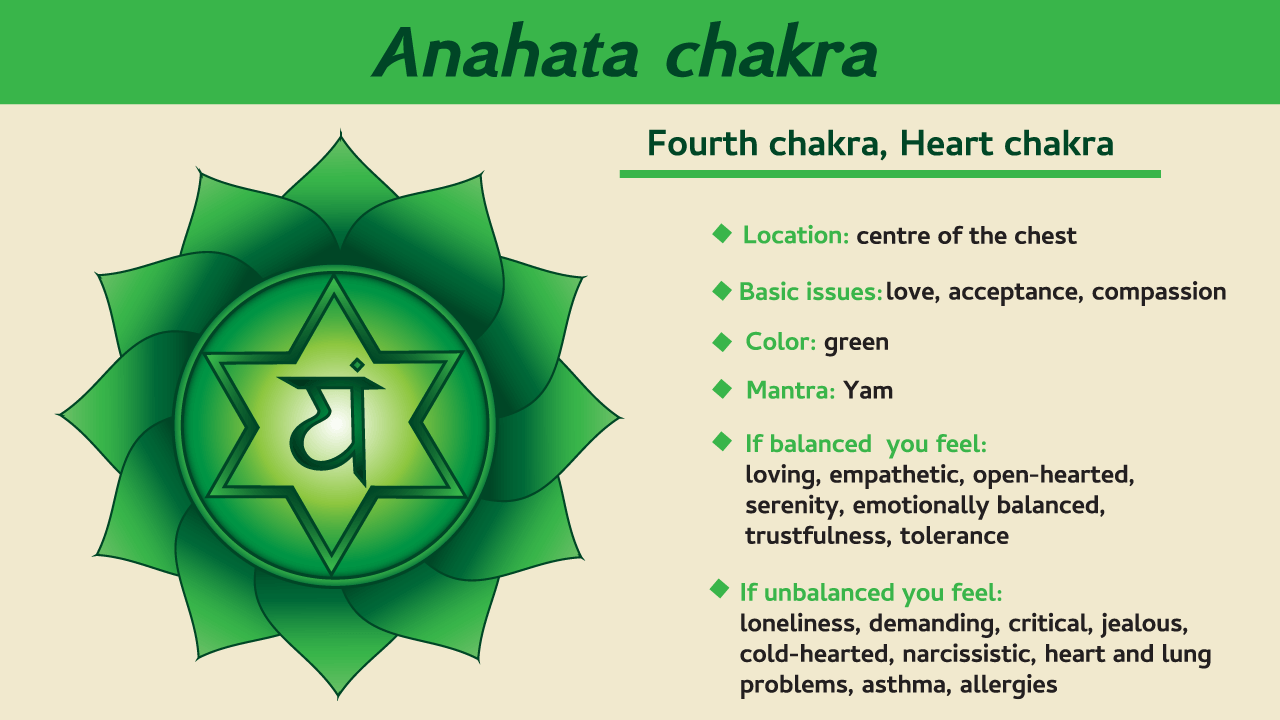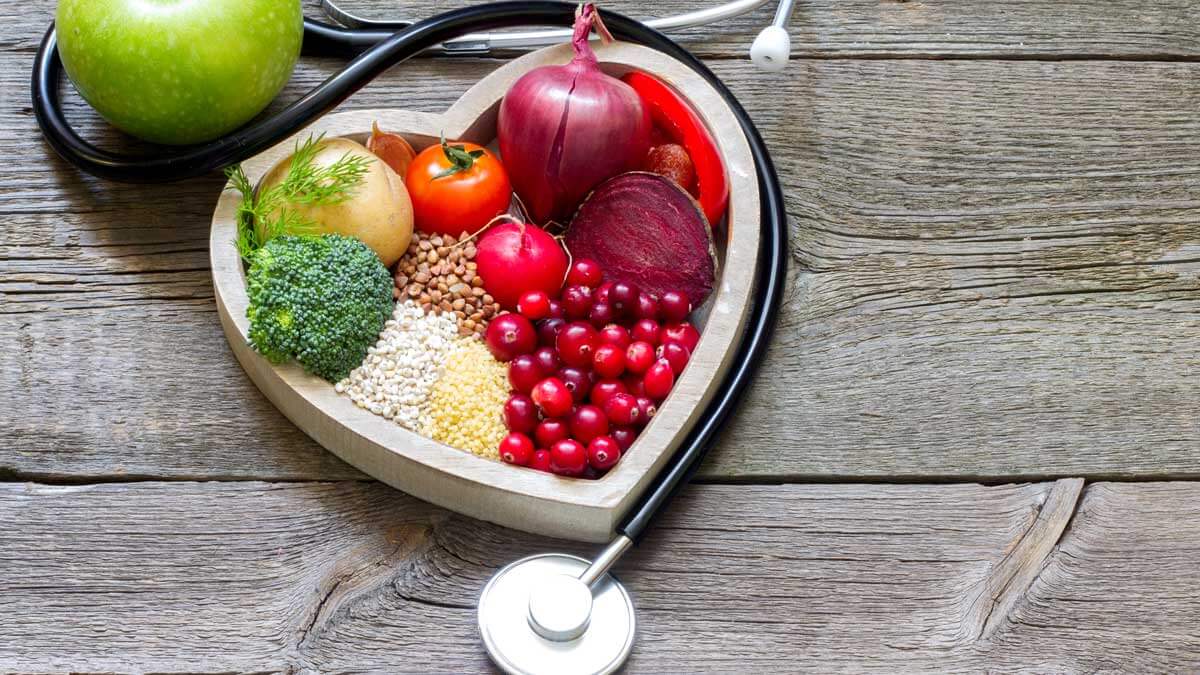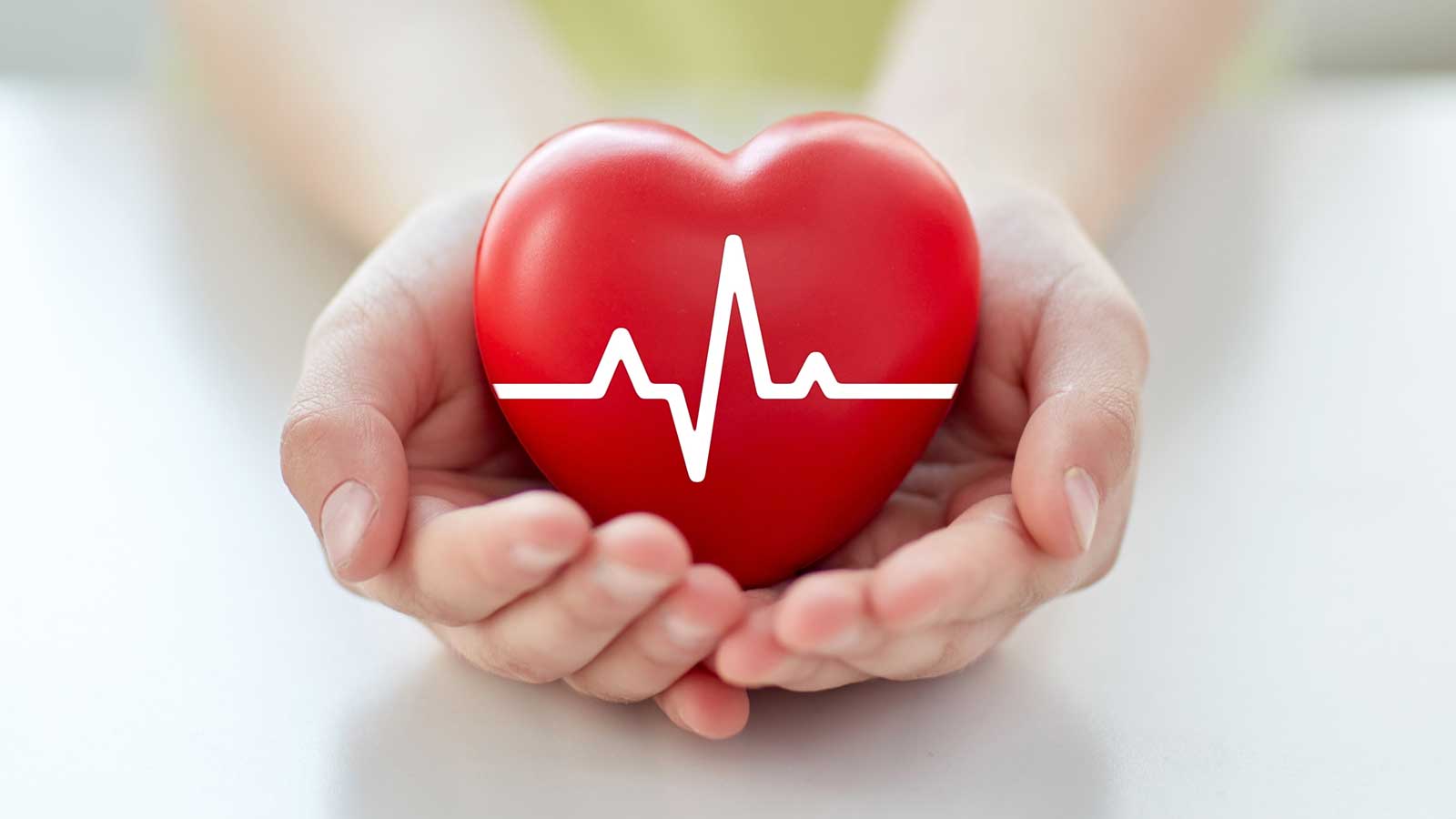The human heart is a fascinating and complex organ vital for survival. It beats about 100,000 times daily, pumping blood throughout the body and supplying oxygen and nutrients to all cells. Here are a few interesting heart facts that highlight just how important this organ is to our well-being:
- The first signs of heart activity in a human life start in the 3rd week of gestation, forming a pulsatile tubule that grows into blood vessels. By the 10th week, the heart is fully formed and pumping.
- The normal adult heart is about the size of two fists held together.
- It pumps nearly 2 gallons per minute, 2,500 gallons per day, and more than 3 billion gallons in a lifetime.
- Women have about 500,000 heart attacks per year, which is 50,000 more than men.
- The first heart catheterization was performed by a German doctor named Forssmann, who did it on himself.
Heart Chakra: Anahata – The Heart of Emotions
In Hindu and yogic traditions, the heart is associated with the fourth chakra, the Anahata chakra. This chakra is located in the center of the chest and is considered the center of love, compassion, and emotional balance.
The chakra symbolizes the integration of earth and celestial forces. The symbol is usually depicted as a green lotus flower with twelve petals. The center of the flower contains a circular symbol, representing the balance of spirit and matter. The petals symbolize the manifestation of love, compassion, and forgiveness. The circle in the center is often seen with two intersecting triangles, one pointing upward and the other downward, representing the union of the divine and human aspects of the individual. Overall, the Heart Chakra symbol is meant to convey the idea of love and compassion in balance with the physical and spiritual aspects of the self.
It is believed that when the Anahata chakra is balanced and open, we experience a sense of peace and well-being. When blocked or imbalanced, we may experience negative emotions such as anger, anxiety, and depression. One may feel withdrawn, jealous, angry, or intolerant when imbalanced.
Practicing yoga poses like Camel, Upward-Facing Dog, Eagle, and Cow Face can help unblock the chakra. Healing stones like rose quartz and jade and essential oils like rose and geranium can also balance the Heart Chakra.

On Heart Disease: The Silent Killer
Heart disease is a severe and growing problem in many countries and is the leading cause of death worldwide. It is a broad term that refers to several conditions affecting the heart and its ability to function correctly. Some of the most common forms of heart disease include coronary artery disease, heart attack, and stroke.
Heart disease is a functional alteration in the heart that can be either congenital or acquired. An imbalance in the energy fields surrounding the heart can lead to heart conditions like angina, heart attacks, and heart failures, among others. On the other hand, cardiovascular diseases include hardening arteries, strokes, and blood clots.
Several factors contribute to heart disease and cardiovascular conditions. These include unconscious living, such as:
- Sedentary living
- Chronic and persistent negative mental stress
- Obesity/morbid obesity
- Lack of exercise/fitness program
- Modern cows’ milk (processed food)
- Smoking
- Low plant food intake
- Sugar, salt to excess
- Alcohol substantial or excessive
- Illicit drug use
- Prescribed drug use
- Diabetes mellitus
- Lack of sunlight exposure
- Artificial/highly processed foods
- Cooking oils like corn oil, soybean oil, sunflower, safflower, or canola
- EMF radiation
- Calcium carbonate supplements
- Arrogance and refusal to change for better heart health
The good news is that heart disease can often be prevented or treated by making lifestyle changes, such as eating a healthy diet, exercising regularly, quitting smoking, and managing stress.
Protecting the Heart: Simple Steps for a Healthier Heart
We can take many simple steps to protect our hearts and prevent heart disease. But first, live consciously and take proper action to protect your heart. Taking good care of your heart starts with exercise, taking control of your health, avoiding things that can be harmful to your heart, eating proper foods and getting good nutrition, and mindfulness-based stress reduction.
Get Moving
- Exercise to reduce heart disease
- Practice “flexercising”
- A child or adolescent needs 60 minutes of good aerobic PE daily
- An adult should have a minimum of 150 minutes of moderate to high-intensity exercise per week. This translates to about 21.5 minutes a day or 30 minutes a day, five days a week.
- Strength train at least twice a week to lower the risk of dying prematurely: lift weights, use resistance bands, do crunches or sit-ups without back strain, planks, etc.
Take Control of Your Health
- Weight loss to achieve a normal body size and proportion
- Blood pressure control
- Sugar/diabetes control
- Check cardiac CRP for inflammation; better marker than cholesterol
- Triglyceride levels should be in NORMAL RANGE: aim for less than 100 mg/dl
- Take 5 to 9 servings of veggies/fruits daily (American Heart Association)
- EVOO drizzled on food helps reduce LDL and increase HDL (Spanish study of 2016)
- Avoid trans fats; caution with hard fats from meat and cheese, processed meats
- Get regular check-ups and screenings to monitor your heart health.
Avoid Body-Harming Situations
- Stop smoking and limit alcohol consumption
- Avoid electromagnetic radiation on the body; do not wear wireless watches, blue tooth ear buds or carry cell phones in shirt pockets or ANYWHERE on the body
- Reduce or eliminate artificial stimulants: caffeine, appetite suppressants and other stimulants out of the food program to protect the heart.
- Take all precautions and know what you are facing if a medical professional prescribes a drug that can overstimulate the heart and blood vessels
- Avoid unproven injections/vax and live healthfully.
Proper Eating and Nutrition
- Eat a healthy diet that is low in saturated and trans fats, and high in fiber, fruits, and vegetables
- East a plant-based diet with land and sea vegetables; add finned fish (conscious please); reduce all cattle based foods due to hormones, acids, omega 6, their feed, their pain
- Prepare and eat your precious food with LOVE and PEACE to feed your heart
- Add Omega 3 to food plan found in finned fish like salmon, trout, haddock, tuna and cod; plants like chia, flax and walnuts have Om 3 fatty acids.
Manage Stress
- Practice yoga
- Deep breathing and relaxation techniques
- Get enough sleep
- Connect with loved ones or participate in social activities
- Practice mindfulness or meditation
- Engage in hobbies or leisure activities
- Eliminate negative stress in your life
- Practice positive self-talk and gratitude, which leads to learning to love yourself.

Heart Needs Love: Nurture Your Heart and Embrace Self-Care
The heart needs love and care just as much as the body and mind do. Taking care of our hearts involves embracing self-care practices that help us feel calm, relaxed, and nurtured. Self-care can include:
- Taking a warm bath
- Getting a massage
- Practicing yoga
- Simply taking time to do something you love.
Breathing is the key to loving your heart and every part of yourself. Our heart is an organ that requires love and attention, just like any other part of our body. The love that we have within our hearts can have a significant impact on the overall health of not only our hearts but also other organs.
Positive emotions like peace, contentment, excitement, compassion, and connectedness can be incredibly nurturing for the heart. The breath is the means through which we can tap into these feelings and bring love and attention to our hearts. By focusing on our breath and cultivating positive emotions, we can take steps to support our heart health and overall well-being.
Emotions Can Hurt: Understanding the Link between Emotions and Heart Health
The connection between emotions and heart health is undeniable. What you think and feel can significantly impact the functioning of your heart and other organs. Research has shown that when you place your mind in a negative state, your heart is immediately responsive, leading to various instantaneous biochemical processes. These processes can have devastating effects on your entire cardiovascular system.
Negative emotions, such as anger, hate, sadness, frustration, disappointment, rejection, fear, and jealousy, cause an instant release of biochemicals that stiffen arteries, increase blood pressure, and strain the heart pump. As a result, negative emotions can lead to the development of severe health conditions such as atherosclerosis, hypertension, heart attacks, strokes, cancer, or even death.
On the other hand, positive emotions such as joy, love, and gratitude can positively impact heart health by reducing stress and increasing feelings of well-being.
The nervous system stimulates the endocrine system to shift and move substances to protect and conserve the body. However, if this response repeatedly occurs, what starts as protective can become perilous and harm the body. Therefore, understanding the impact of our emotions on heart health is crucial. By focusing on positive and nurturing emotions, such as peace, contentment, exhilaration, compassion, and connectedness, we can enhance the health of our hearts and promote overall well-being.

Herbs and Supplements: A Natural Boost for Heart Health
Herbs and supplements are a natural way to promote heart health and prevent cardiovascular diseases. Many herbs have been used for centuries to strengthen the heart and improve blood circulation. In addition to a healthy diet and lifestyle, incorporating these natural remedies into your routine can provide extra protection for your heart.
Strengthening Herbs and Supplements
These herbs contain antioxidants, vitamins, and minerals that improve blood flow and keep your heart healthy. The following are just a few of the many herbs that can help to strengthen your heart:
- Hawthorn berries
- Rosemary
- Garlic
- Pomegranate
- Coenzyme Q10
- Arjuna
- Sesame seeds
- Sea kelp
- Dulse
Relaxing and Blood Pressure Reducing Herbs
These herbs contain compounds that help lower stress levels and relax the blood vessels, which can lower blood pressure and reduce the strain on the heart. Here are some herbs that can help to relax the heart and reduce blood pressure:
- Ginger
- Garlic
- Cayenne
- Celery seed
- Oregano
- Pure olives
- Cinnamon
- Cardamom
- Hibiscus
- Niacin
- Ashwagandha
- Resveratrol
- Grapeseed extract
Protective Herbs and Supplements
These herbs contain antioxidants and essential fatty acids that protect your heart from oxidative damage and reduce inflammation, two of the main contributors to heart disease. Here are just a few of the many herbs and supplements that can help to protect your heart:
- COQ10
- Parsley
- Olives and oil
- Milk thistle
- Pure soybeans
- B complex
- Fish oil
- Flax oil
- Flax seeds
Incorporating these herbs and supplements into your daily routine can be a simple and effective way to improve your heart health. However, it is essential to consult a healthcare professional before starting any new supplement regimen, as some may interact with other medications or have contraindications for certain health conditions.
Conclusion
In conclusion, taking care of your heart health is crucial to living a long and healthy life. You can significantly improve your heart health and overall well-being by incorporating simple changes into your daily routine, such as exercising regularly, eating a healthy diet, and managing stress.
Regular check-ups with a healthcare provider and monitoring your risk factors for heart disease can also help catch any issues early on.
Remember, your heart health is in your hands, and making small changes now can impact your future health. So, commit to taking care of yourself and your heart today.
source https://wellcomeomcenter.com/understanding-the-power-of-our-heart-and-how-to-keep-it-healthy/
No comments:
Post a Comment